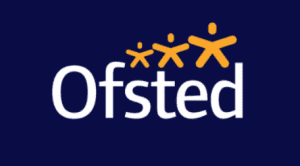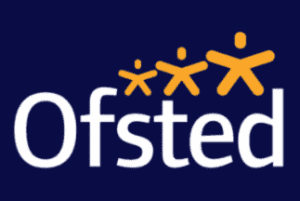OFSTED lesson criteria
 Lesson observation criteria for history: criteria for outstanding history
Lesson observation criteria for history: criteria for outstanding history
New OFSTED criteria
Teachers’ practice is informed by excellent knowledge and application of continuing developments in teaching and learning in history.
e.g. framing challenging HISTORICAL questions
allowing pupils to make their own meaning first, then
providing pupils with ‘expert’ views
- Learning is rooted in enquiry and teachers routinely promote rigorous historical thinking and the acquisition of historical knowledge and understanding, including chronological understanding.e.g. evaluation and critical analysisconstant use of the big overview picture and interactive timelines
- Pupils produce the best work they can, as teachers communicate their passion for history and consistently challenge and inspire.e.g. by modelling high expectations of standard of workby posing probing, perplexing questions
- History is very skilfully presented as a dynamic subject to be explored and investigated rather than as a subject to be received; as a result, pupils approach historical enquiries as keen and skilled investigatorsPupils are encouraged to ask as well as answer historical questionsThey are shown contrasting versions of events/people
- Excellent progress is made in history by all groups of pupils, due to teachers continuously refining their practice.e.g. appropriate ways of differentiating, not just by outcomeusing diagnostic assessment to see which strategies have been successful and refining teaching in the light of it.
- Teaching makes pupils alive to changing views of the past and helps them to understand how and why interpretations and representations change over time.Frequent opportunities to look at different versions of events/peoplewhy history matters and why the particular topics they are taught are worth knowing about.
Explaining to pupils why the history topic is important andwhy the way of investigating it will help them - Lessons are exciting and often innovative with historical rigour at their core: this is due to teaching that ensures that pupils are able to make use of their prior learning in moving their historical understanding forward.e.g. imaginative and motivating ways of setting up the enquiry and acquiring new informationbuilding on what pupils already know, conceptually, as well as knowledge
Meeting OFSTED’s criteria for a good history curriculum at KS1 and 2 during extended transition period
Now that schools have an extra year’s grace from OFSTED to refine their curriculum that is being worked on, it…
Read More
